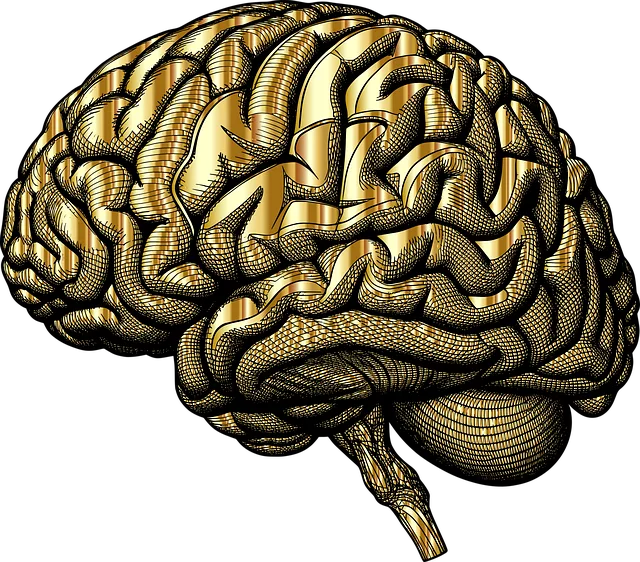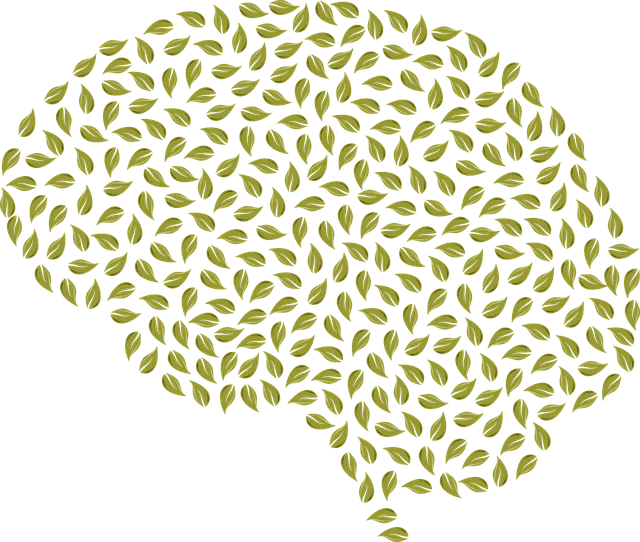The Superior Kaiser mental health programs are revolutionizing mental illness diagnosis by integrating cutting-edge research, technology, and evidence-based practices. These programs offer personalized treatment plans through advanced tools like Inner Strength Development and Self-Awareness Exercises, enhancing accuracy and addressing individual needs. By promoting practitioner well-being and self-awareness, the programs improve diagnosis quality, benefiting both professionals and patients. This holistic approach ensures more effective support for diverse mental health conditions.
Mental illness diagnosis accuracy is a critical aspect of patient care, with significant implications for treatment outcomes. This article explores efforts to enhance diagnosis reliability within the context of the Superior Kaiser mental health programs. We delve into cutting-edge research and evidence-based practices that are refining assessment methods. Additionally, we highlight training initiatives aimed at empowering healthcare professionals and discuss the integration of technology, including artificial intelligence, to facilitate more precise diagnoses and personalized treatment plans.
- Enhancing Diagnostic Tools and Techniques
- – Exploring the latest research in mental health assessment methods
- – Implementing evidence-based practices for more accurate diagnoses
Enhancing Diagnostic Tools and Techniques

The quest for enhancing mental illness diagnosis accuracy has led to innovative improvements in tools and techniques. Superior Kaiser mental health programs are at the forefront of this evolution, integrating cutting-edge research and technology into their practices. By adopting advanced assessment methods, healthcare providers can now gain a more nuanced understanding of patients’ conditions, moving beyond traditional diagnostic criteria. These improved tools not only enhance accuracy but also contribute to more personalized treatment plans, focusing on individual needs rather than generalized approaches.
One notable aspect is the integration of self-awareness exercises and burnout prevention strategies for healthcare providers. Building confidence through regular self-reflection and practice can significantly impact diagnosis quality. Encouraging professionals to prioritize their well-being allows them to approach patient interactions with renewed energy and clarity, resulting in more precise evaluations and improved patient outcomes. This holistic approach ensures that both the mental health practitioners and their patients benefit from these enhanced diagnostic efforts.
– Exploring the latest research in mental health assessment methods

The landscape of mental health assessment is continually evolving, with researchers and professionals dedicated to enhancing diagnosis accuracy. One prominent example of this progress is seen in the Superior Kaiser mental health programs, which integrate cutting-edge research into their practice. These programs leverage advanced assessment tools and techniques to provide a more nuanced understanding of an individual’s mental state. By combining quantitative measures with qualitative insights, such as those gained through Inner Strength Development exercises, Social Skills Training, and Self-Awareness Exercises, professionals can detect subtleties that might be missed using traditional methods alone.
This holistic approach not only improves the accuracy of diagnoses but also personalizes treatment plans. Research highlights the importance of tailored interventions, as mental health conditions often present differently in various individuals. With these advancements, healthcare providers are better equipped to navigate the complexities of mental illness, ensuring more effective support for those seeking help.
– Implementing evidence-based practices for more accurate diagnoses

Mental health professionals across the board are increasingly recognizing the importance of implementing evidence-based practices for more accurate diagnoses. This shift is driven by a growing understanding that traditional methods often fall short in capturing the complex nature of mental illness. By adopting evidence-based strategies, such as those offered by superior Kaiser mental health programs, healthcare providers can gain deeper insights into patient conditions, leading to more precise and effective treatment plans. These practices involve rigorous research and clinical trials, ensuring interventions are backed by robust data.
One key aspect within this framework is the integration of Cultural Competency Training for healthcare providers. Understanding cultural nuances is vital as mental health experiences vary across different communities. Similarly, Mental Health Education Programs Design should be tailored to address diverse populations’ unique challenges. Furthermore, developing Mental Wellness Coaching Programs can empower individuals with self-management skills, fostering a collaborative approach between patients and care providers. These comprehensive programs collectively contribute to improving diagnosis accuracy and enhancing overall mental wellness.
Mental illness diagnosis has seen significant advancements through enhanced tools and evidence-based techniques, such as those offered by superior Kaiser mental health programs. By exploring cutting-edge research in assessment methods, healthcare professionals can ensure more accurate diagnoses, leading to improved patient outcomes. Implementing these innovative practices is a crucial step towards revolutionizing mental health care and fostering better lives for individuals navigating their psychological well-being.






